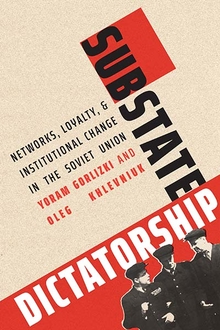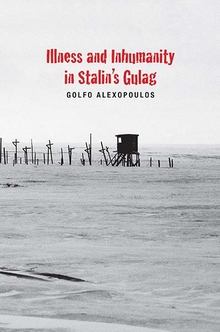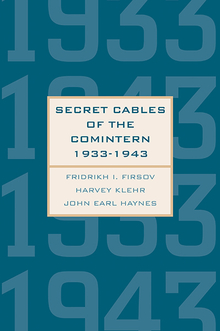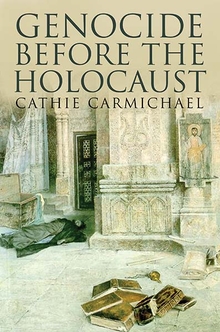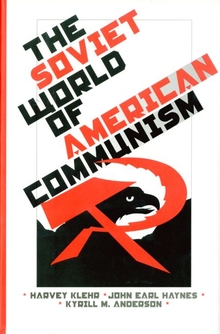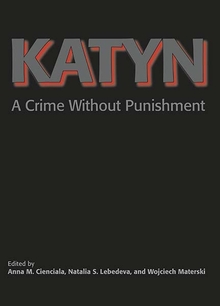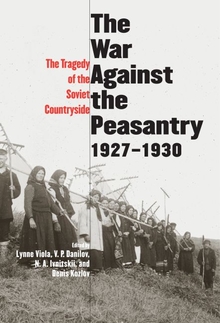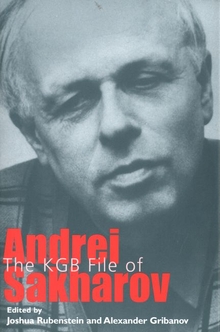Gulag Voices
WARNING
You are viewing an older version of the Yalebooks website. Please visit out new website with more updated information and a better user experience: https://www.yalebooks.com
An Anthology
Edited by Anne Applebaum
A unique anthology of Gulag memoirs, edited and annotated by Pulitzer Prize–winning author Anne Applebaum
Anne Applebaum wields her considerable knowledge of a dark chapter in human history and presents a collection of the writings of survivors of the Gulag, the Soviet concentration camps. Although the opening of the Soviet archives to scholars has made it possible to write the history of this notorious concentration camp system, documents tell only one side of the story. Gulag Voices now fills in the other half.
The backgrounds of the writers reflect the extraordinary diversity of the Gulag itself. Here are the personal stories of such figures as Dmitri Likhachev, a renowned literary scholar; Anatoly Marchenko, the son of illiterate laborers; and Alexander Dolgun, an American citizen. These remembrances—many of them appearing in English for the first time, each chosen for both literary and historical value—collectively spotlight the strange moral universe of the camps, as well as the relationships that prisoners had with one another, with their guards, and with professional criminals who lived beside them.
A vital addition to the literature of this era,annotated for a generation that no longer remembers the Soviet Union, Gulag Voices will inform, interest, and inspire, offering a source for reflection on human nature itself.
Anne Applebaum is Director of Political Studies at the Legatum Institute. Her book Gulag: A History won the 2004 Pulitzer Prize for nonfiction as well as numerous other awards. She lives in Warsaw, Poland.
Instructors: If you would like to request access to an e-examination copy of this title, please click here.
“The power of Gulag Voices is not only to remind us of the horrors of the Soviet Union’s corrective labour institutions and to honour those who were incarcerated there. It is also to illuminate the human consequences that ensue when any state’s legal system fails to recognise the human rights of prisoners.”—Wendy Slater, Times Literary Supplement
“And herein lies the strength of the present volume: listening to multiple voices, the reader gains a uniquely multifaceted insight into the psychological makeup of Gulag prisoners and their adversaries.”—Josephine von Zitzewitz, Modern Language Review
Publication Date: March 27, 2012


